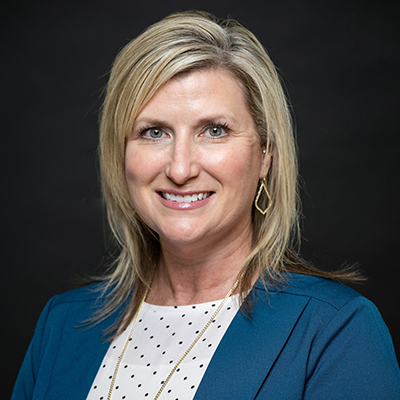The Rising Tide of Medications: Navigating Polypharmacy in the Silver Tsunami Era
by Erin Marriott, RPh, BCGP
The Silver Tsunami is coming, and it is bringing a tidal wave of medications with it. By 2030, around 70 million baby boomers will be 65 or older. One-third of these older adults use five or more prescription drugs, a situation known as “polypharmacy.” By the time they require long-term care (LTC) services, 65 percent of them will be taking more than 10 medications. Considering that approximately half of older adults are prescribed at least one medication that is unnecessary or no longer needed, deprescribing might be appropriate for up to 35 million prescriptions.
A variety of factors are driving this polypharmacy trend. More drug options on the market, earlier treatment of chronic diseases, use of multiple prescribers, and prescribing cascades (when a medication is used to treat the side effects of another medication) all contribute to this phenomenon. Polypharmacy nearly doubles overall healthcare costs and contributes to poorer health outcomes. It is also associated with increased drug interactions, adverse drug reactions, falls, fractures, hospitalizations, lengths of stay, frailty, cognitive decline, and behavioral changes.
Benefits of Deprescribing
Aside from the obvious benefits of reducing direct medication costs and medication error rates, addressing polypharmacy proactively offers a range of benefits to LTC providers. Reducing the total number of doses being administered each day reduces staffing hours needed to order, prepare, administer, monitor, and document medications. By preventing falls, hospital readmissions, and functional decline, initiatives that effectively combat polypharmacy can also have a positive impact on quality outcome measures.
It’s important to prioritize these positive outcomes over the total number of medications, since some individuals with multiple comorbidities may require multiple medications. For example, a resident who has had a heart attack and lives with diabetes may genuinely require five or more daily medications. However, when an individual takes more medications than is necessary to treat a single condition, takes medications without a clear reason for use, or receives multiple drugs from the same class, deprescribing might be in order.
Key Steps Providers Can Take
Preparing for a future with even more medications includes embracing a culture of deprescribing and taking steps now to address polypharmacy.
Start by leveraging the expertise of the clinical consultant pharmacist as a key member of the interdisciplinary team (IDT) early in the process. Initiatives to address polypharmacy should be a core component of each community’s quality assurance and performance improvement (QAPI) program and begin well in advance of a resident’s admission. Additionally, go beyond simply documenting a reason for use for each medication in the medical record at admission.
A proactive approach to identifying deprescribing opportunities includes conversations with residents and their families about each medication. Ask questions, including:
-
Do they understand what each medication is being used for?
-
Is the medication working as intended?
-
Are they experiencing any side effects?
Delivering More than Medicine
Partner with an LTC pharmacy that proactively reviews each medication prior to dispensing, intervenes where appropriate, and provides the clinical leadership team with data and analytics monitoring the pharmacy’s impact. By tracking pharmacists’ interventions for drug interactions, duplicate therapies, and unnecessary medications, the IDT can pinpoint drivers of inappropriate prescribing and identify opportunities for deprescribing.
Taking a proactive approach to polypharmacy by increasing awareness, engaging residents, and integrating pharmacists at each step of the stay, providers can reduce hospitalizations, reduce costs, improve quality outcomes and enhance the quality of life for their residents.

Erin Marriott is a board-certified geriatric pharmacist and seasoned long-term care clinical consultant. She serves as the Director of Clinical and Regulatory support for Guardian Pharmacy Services and can be reached at clinicalsupport@guardianpharmacy.net.








